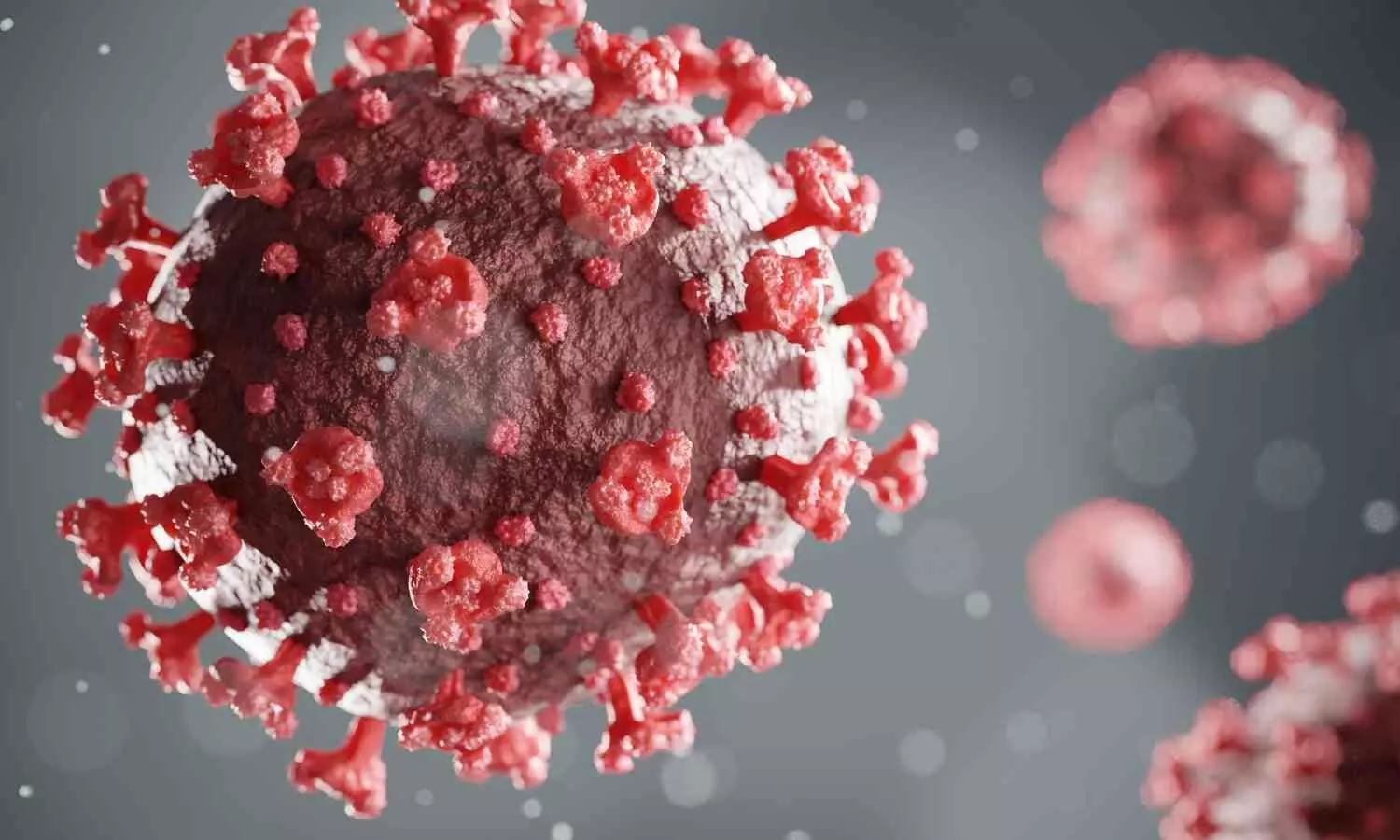Impact of COVID-19 on Autoimmune Diseases: Metropolis Study Finds 30% Surge in ANA Positivity

New Delhi: A recent study by Metropolis Healthcare has found a 30% increase in Antinuclear Antibody (ANA) positivity in India after the COVID-19 pandemic, indicating a potential rise in autoimmune disorders.
Published in the International Journal of Clinical Biochemistry and Research, the study analysed over 1.2 lakh cases, comparing data from 2019 (pre-COVID) to 2022 (post-COVID).
Antinuclear antibodies (ANA) are proteins produced by the immune system that mistakenly target the body’s own cells, potentially causing autoimmune diseases like rheumatoid arthritis, lupus, and thyroid disorders.
Symptoms include inflammation, joint pain, and fatigue. In 2019, ANA positivity was recorded at 39.3%, which surged to 69.6% in 2022, highlighting COVID-19's impact on immune system health.
Dr Alap Christy, Vice President & Scientific Business Head at Metropolis, stated, “The sharp rise in ANA positivity post-COVID is linked to the immune system’s intensified response to the virus. In some cases, this heightened immune activity causes the body to mistakenly attack its own tissues, triggering or worsening autoimmune diseases.”
The study also revealed that women were more prone to ANA positivity, a trend consistent with pre-COVID data. The highest positivity rates were seen among individuals aged 31-45, followed by those aged 46-60.
Additionally, a 9% increase was observed in the Nuclear Homogeneous pattern, which is often associated with systemic lupus erythematosus (SLE) and rheumatoid arthritis.
Dr Kirti Chadha, Chief Science and Innovation Officer at Metropolis, added, “The COVID-19 pandemic has left a lasting impact on global health, and our study shows that its effects extend beyond the virus itself. The rise in autoimmune disorders is alarming, but it also presents an opportunity to enhance our diagnostic capabilities. By identifying these conditions early, we can help patients manage their health more effectively.”
The ANA test is recognized as a key screening tool for autoimmune diseases. Once positive, advanced tests like ELISA and ImmunoBlot confirm specific autoimmune conditions.
Metropolis Healthcare encourages regular screenings and emphasizes lifestyle measures such as balanced diets, regular exercise, stress management, and adequate sleep to mitigate immune dysregulation risks.
Metropolis urges healthcare systems to remain vigilant about the long-term effects of COVID-19 on autoimmune health. Early diagnosis and interventions can help manage conditions more effectively, particularly among women and older adults who are at higher risk.


